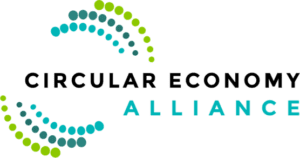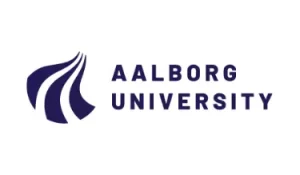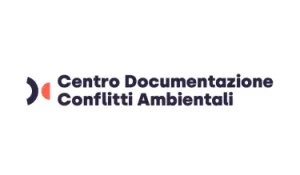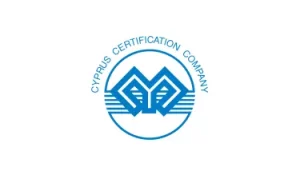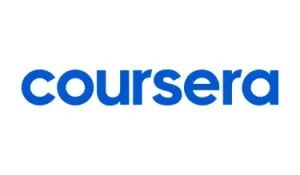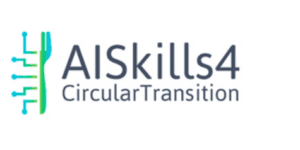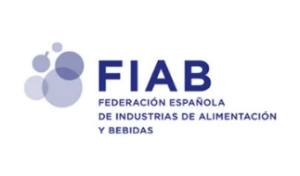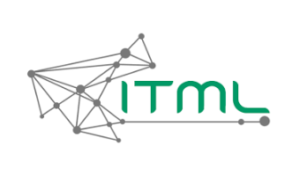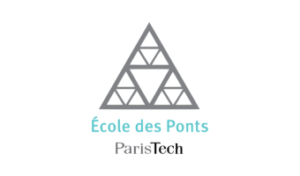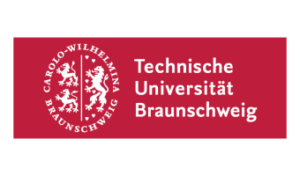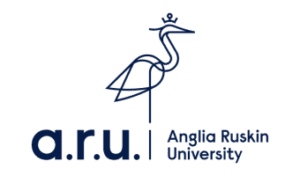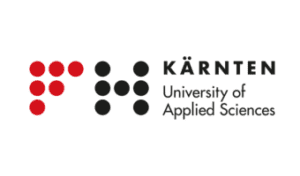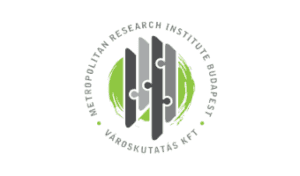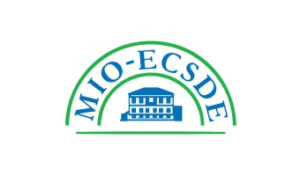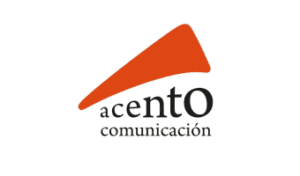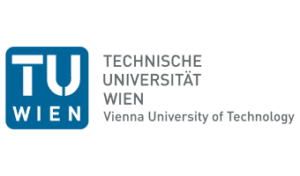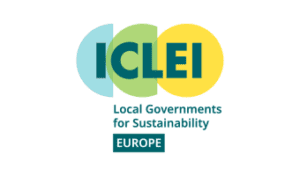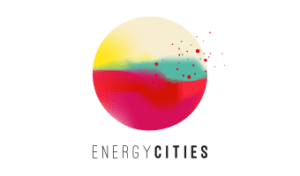“It is important to get certified as it will help to navigate the complex challenges of resource management while promoting sustainable and responsible practices that maximize resource efficiency and minimize waste. By integrating circular economy principles into water management practices, individuals can help to ensure the long-term availability and accessibility of this critical resource while also creating new opportunities for innovation and economic growth. Once certified, individuals can become leaders in building a more sustainable future for all and help ensure that future generations have access to this vital resource”.
Circular Water Management 2: Closing the H20 loop
95.00 € + VAT (if applicable)
Verifiable Blockchain-secured Certificate
1.5 hours to complete

Circular Water Management 2: Closing the H20 loop
Course Overview
The course attempts to provide knowledge for proper water management in urban areas by applying the circular economy principles related to the regeneration of natural resources using a holistic approach based on Integrated Water Management for urban areas to create a collaborative ecosystem.
This approach explores the role of digital technologies and circular business models and strategies as enablers of the circular economy in the water sector. Implementing digital technologies for water and wastewater treatment is becoming necessary to face the increasing risks related to demand growth, water scarcity, quality, security, and cost-effective water-related services.
There are many opportunities to create value from water streams, and implementing circular business models creates an ecosystem where water becomes a source of nutrients, minerals, and metals. Applying appropriate circular design strategies can allow the development of circular business models to create value from water to slow, close, narrow, and regenerate resources present in water streams.
Important Details
Downloadable material
100% online courses
Study at your own pace
A flexible learning journey, access the content until you complete the course or a maximum of two (2) weeks from enrollment date.
Special Access to events, research and news
What are the Learning Outcomes?
Who should enroll?
Type Of Person
Type Of Person
Type Of Person
Type Of Person
Type Of Person
Type Of Person
What You Will Learn
Challenges to water management
Discover the challenges of water management in the transition to the Circular Economy.
Regenerating natural basin systems
Discover how circular strategies can close the loop at the macro level and develop more climate-resilient cities. Explore the role of sanitation, sewerage, and clean water supply in building liveable cities.
How can governance enable the Circular Economy transition?
Governance plays a crucial role in the circular transition. Learn how the OECD framework for water governance supports adaptative measures to specific conditions based on diverse legal, administrative, and organizational systems and tools from different countries.
Ensuring water security
Water security is a growing concern due to increased conflict surrounding water accessibility. Explore the main issues related to limits, usages, and rights over water resources and how misunderstandings and disagreement become a source of conflict.
Water infrastructure
Learn how Integrated Urban Water Management drives the implementation of modular blue-green infrastructures and helps urban communities become more resilient to climate change.
How can digital technologies enable the Circular Economy in the water sector?
Citizen engagement in the water sector
Consumer requirements and behaviour have always played an important role in service delivery. Citizen participation is essential for the transition.
Learn how to foster interdependent relationships between water utilities and consumers.
The value of water
Learn how to implement circular services and products through circular strategies. Explore how water strategies can help minimize socioeconomic and societal impacts in the circular economy transition.
Important Details
Enrollment Information
Once you have enrolled, you will be given access to our Learning Management System.
You will be guided through the original content of the course with dynamic, rich, enjoyable, narrated, and easy-to-understand content.
- The course is divided into easily navigated sections.
- Each section is followed by non-graded “knowledge check questions” to help you ensure that you successfully assimilated the content.
- You can go back and view the content as often as you like.
When you reach the end of the course, you will be awarded the Certificate of Completion.

Designing Out Waste: The challenges to full circularity
Circular Water Management 2: Closing the H20 loop

Course Title
Hernan Ruiz Ocampo – Author
Circular Water Management: A framework for the transition
Designing Out Waste: The challenges to full circularity
Circular Water Management 2: Closing the H20 loop
How You Will Learn
Interactive training sessions
Knowledge check questions
Case studies / Best practices
Unique learning platform with Mobile Access
Exposure to a network of experts
Be part of a community

Explore cutting edge research
Exposure to a network of experts
Be part of a community

Explore cutting edge research
Are you a business or an organization? Contact us for team training offerings
Are you a business or an organization? Contact us for team training offerings
What Our Certified Professionals Say

“The Certified Circular Economy Specialist certificate offered by CEA is a "must" for all professionals who wish to explore this field. It provides not only the basic theory but also tonnes of industry examples that can easily fill up your knowledge gap.”
Ka Hing Hui
Production Manager, Viva Healthcare Packaging (HK) Ltd.

“Getting certified at the Circular Economy Alliance will give you an advantage in your field of business, a boost in your ability to think creatively and, most importantly: the ability to think holistically.”
Raphael Schranz
Circular Economy Consultant

“The journey was thought-provoking and insightful. With a career in the renewable energy market, the fundamentals of the Circular Economy support our cause for a cleaner, greener energy transition.”
William Van Wyk
Country Manager - South Africa, FIMER
Get a Certification by Completing
This Course in a Bundle
Circular Economy Specialist (High-Mastery)
Gain highly- specialized insights to drive industry change, advance your career and become a renowned expert in your field.
1,085.00 € + VAT (if applicable)
12 courses
Total dedicated effort required: 45 hours *
Circular Economy Manager (Advanced)
Gain expertise that goes beyond the basics to offer in-depth knowledge of circular economy principles and applications.
745.00 € + VAT (if applicable)
8 courses
Total dedicated effort required: 30 hours *
Circular Economy Professionals (Foundational)
Get an in-depth, comprehensive overview of foundational Circular Economy principles to get familiar with industry concepts.
385.00 € + VAT (if applicable)
4 courses
Total dedicated effort required: 16 hours *
Circular Economy Specialist (High-Mastery)
Gain highly- specialized insights to drive industry change, advance your career and become a renowned expert in your field.
1,085.00 € + VAT (if applicable)
12 courses
Total dedicated effort required: 45 hours *
Circular Economy Manager (Advanced)
Gain expertise that goes beyond the basics to offer in-depth knowledge of circular economy principles and applications.
745.00 € + VAT (if applicable)
8 courses
Total dedicated effort required: 30 hours *
Circular Economy Professionals (Foundational)
Get an in-depth, comprehensive overview of foundational Circular Economy principles to get familiar with industry concepts.
385.00 € + VAT (if applicable)
4 courses
Total dedicated effort required: 16 hours *
* Depending on the level of experience and pace the learner is willing to invest in the learning journey.





